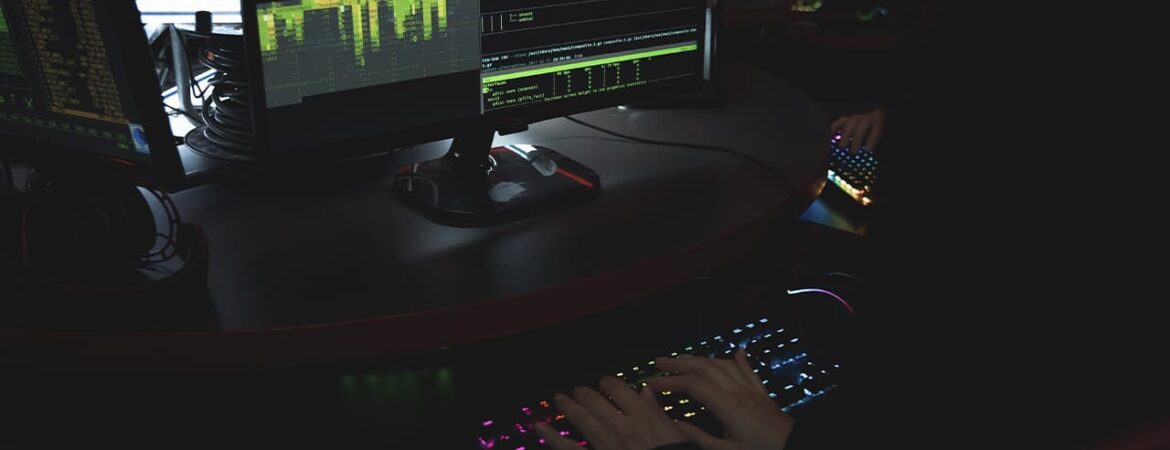Web3 technology has also made significant changes to the gaming experience, offering improved features and capabilities for players:
- Transparency and security. With blockchain technology, features such as transaction history and asset ownership are available for verification and cannot be altered. This creates trust between players and developers, and improves the security of the gaming ecosystem.
- Progress portability. Players can save their progress and continue the game on different devices or platforms, providing a more flexible and continuous gaming experience.
- Integration with other technologies. Web3 developments can be integrated with other advanced technologies such as artificial intelligence, augmented reality (AR) and virtual reality (VR). This contributes to more realistic and immersive game scenarios, more immersive gameplay and a variety of in-game mechanics.
Web3 technologies have also increased the level of interaction between players and developers, offering new tools and opportunities for communication and collaboration. First of all, it became possible thanks to the creation of decentralized game communities, each participant of which can directly participate in the development of the project. This has allowed direct contact between gamers and developers, who can work together to modify games. Some developers also allow users to create their own levels, characters and mods, which can later be incorporated into the main gameplay.
Obstacles to the mass adoption of Web3 in the gaming industry
However, despite all the advantages of using Web3-technologies in the gaming industry, the mass introduction of blockchain in gaming projects is fraught with a number of obstacles:
- Low level of understanding of the technology by players. The introduction of Web3-technologies into games requires certain skills from players, such as the use of cryptocurrencies, crypto wallets and other tools. But according to statistics, more than half of gamers have never even heard of blockchain gaming.
- Scaling and performance. Blockchain projects can face performance issues when processing a large number of transactions. This can cause delays in gameplay and negatively impact the gaming experience.
- Vulnerability. The use of smart contracts creates new risks as attackers are able to exploit their vulnerabilities, which can lead to asset theft or game balance disruption.
- Lack of uniform standards. An important aspect of Web3 development in the gaming industry is the development of standards and regulatory frameworks. This will establish uniform principles and protocols for data exchange, asset trading and security.
The overall trend indicates that Web3 technologies will continue to transform the gaming industry, opening up new opportunities for interaction, economic modeling and content creation. As awareness of decentralized technologies and cryptocurrencies becomes more widespread, Web3 technologies will increasingly impact the gaming industry.
